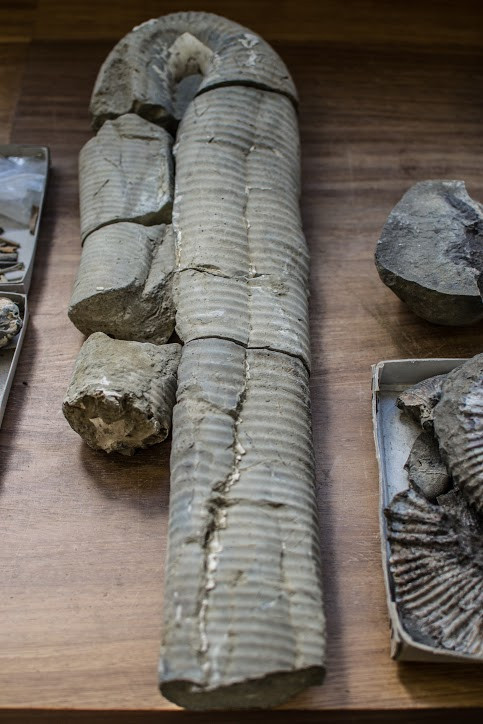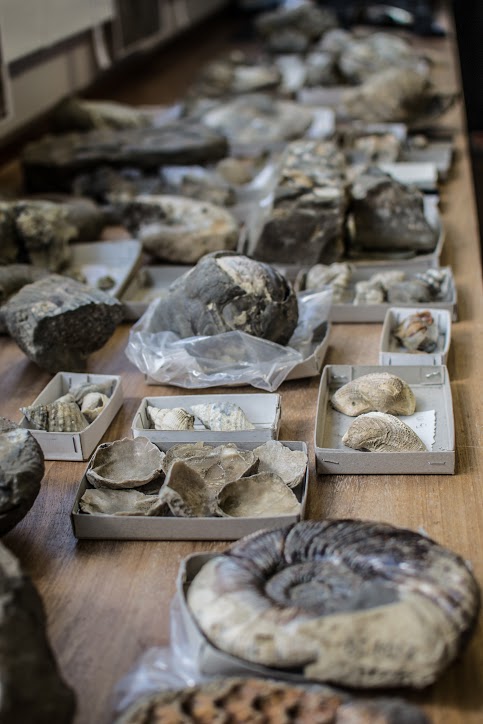Dinosaur-killing mass extinction event just as deadly to life in Antarctic
The mass extinction event that wiped the dinosaurs off the face of the planet was just as deadly to life in the Antarctic, killing up to 70% of species living there at the time. Analysis of over 6,000 marine fossils shows creatures living in the southernmost regions of Earth were not spared in the Cretaceous–Tertiary (KT) mass extinction event, as had been previously thought.
Over six years, scientists from the University of Leeds and the British Antarctic Survey on Seymour Island in the Antarctic Peninsula analysed fossils found in the Antarctic dating to between 69 and 65 million years. Fossils included species ranging from snails and clams that lived on the sea-floor to large aquatic animals that swam on the surface. This included Mosasaurus, carnivorous lizards that could grow up to 49ft in length, and Diplomoceras – a distant relative of modern octopus and squid.
The study, published in the journal Nature Communications, notes that life in the polar regions were thought not to have been so badly affected by the mass extinction, regardless of its cause. Life in these regions were considered to be more resilient to global climatic changes.

However, their analysis instead showed that between 65 and 70% of marine species living Antarctica went extinct 66 million years ago. This is exactly the same period the dinosaurs and many other species went extinct.
Furthermore, lead author James Witts said the evidence indicated the main driver of the extinction was a huge asteroid impact, rather than a slower decline caused by environmental changes, like extreme volcanism: "Our research essentially shows that one day everything was fine --the Antarctic had a thriving and diverse marine community - and the next, it wasn't. Clearly, a very sudden and catastrophic event had occurred on Earth."
Co-author Jane Francis added: "Even the animals that lived at the ends of the Earth close to the South Pole were not safe from the devastating effects of the mass extinction at the end of the Cretaceous Period."


© Copyright IBTimes 2025. All rights reserved.






















